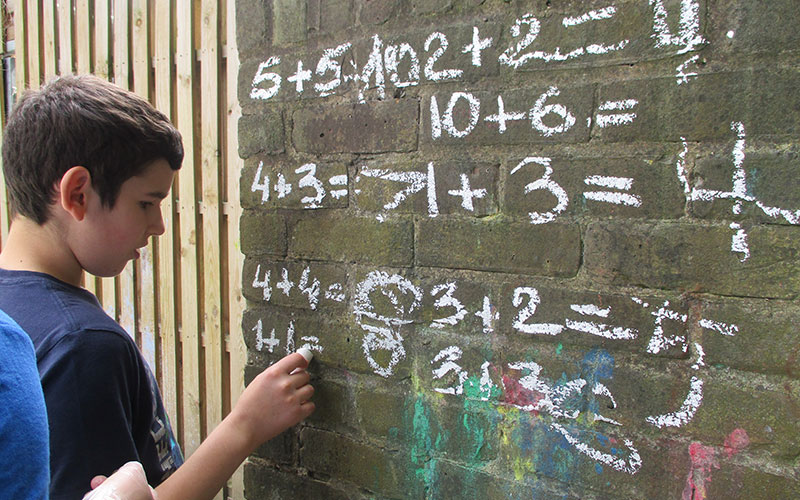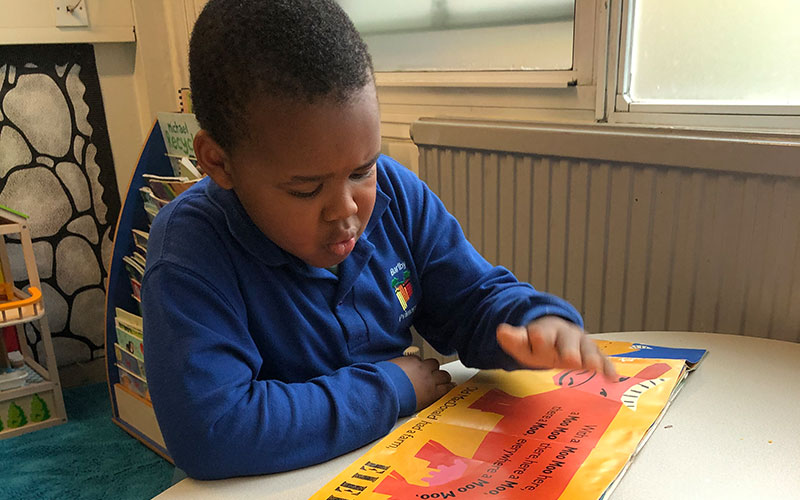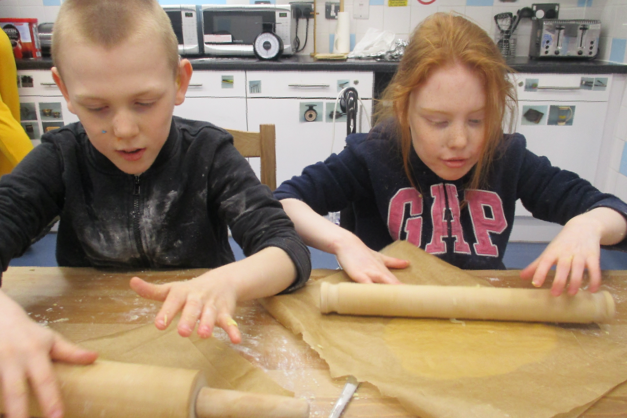It is important to remember that children will develop language at different rates. At this stage, children will typically start to talk. Words may not start off as clear, yet very familiar people will be able to understand those first words. Babies first words are often the words they hear a lot, such as ‘bye-bye’, ‘no’, ‘more’, ‘doggy’. Between 12-24 months, children’s vocabulary may grow to around 5-20 words at 18 months and 50+ words by 24 months. Words at this stage are often single words, and towards 24 months they may start combining 2 words to form short phrases such as ‘more milk’ ‘doggy gone’, ‘bye bye Dada’.
At this stage, children will be able to understand simple key word instructions such as ‘where’s your nose?’, and at around 24 months, their comprehension increases to understand two key word instructions e.g. ‘give the apple to teddy’






